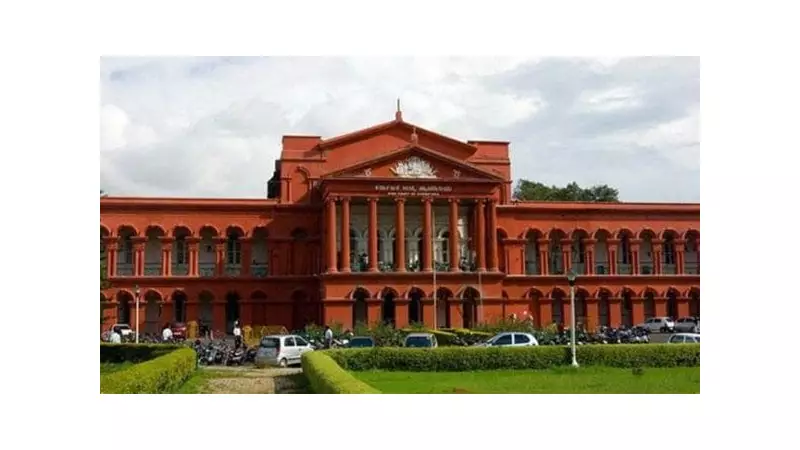
In a landmark decision that affects thousands of job aspirants, the Karnataka High Court has put an immediate stop to all government appointments until the state establishes a proper scientific framework for internal reservations within Scheduled Castes and Scheduled Tribes communities.
Major Recruitment Freeze Impacts 35,000 Positions
The court's ruling effectively freezes approximately 35,000 government positions that were in various stages of the recruitment process. This sweeping order came during a hearing of petitions challenging the validity of recent government appointments made without properly implementing internal reservation policies.
Justice M Nagaprasanna, presiding over the case, delivered a strongly-worded judgment emphasizing that the state cannot continue making appointments while ignoring the constitutional mandate for internal reservations. The court noted that previous attempts to implement these quotas had been struck down due to lack of proper scientific basis.
Court Demands Data-Driven Approach
The High Court has directed the state government to conduct a comprehensive empirical study to determine the actual backwardness and representation levels among different sub-groups within SC and ST communities. This scientific approach is intended to replace the arbitrary allocation methods previously attempted.
Key requirements outlined by the court include:
- Detailed demographic surveys across all districts
- Proper representation data for all sub-castes
- Economic and educational backwardness indicators
- Consultation with community representatives and experts
Historical Context of Internal Reservation Battles
This isn't the first time Karnataka has grappled with internal reservation implementation. The state government had previously introduced internal quotas through two separate orders in 2020 and 2022, allocating specific percentages to different SC/ST sub-groups. However, these attempts were challenged and ultimately struck down by the courts for lacking proper scientific foundation.
The current judgment reinforces the principle that reservation policies must be based on concrete data rather than political considerations. Justice Nagaprasanna emphasized that the constitutional purpose of reservations is to ensure adequate representation for all marginalized sections, not just select groups within broader categories.
What This Means for Job Aspirants
For the approximately 35,000 candidates awaiting government appointments, this ruling means further delays in the recruitment process. However, the court's decision aims to create a more equitable system that ensures fair representation across all sub-communities within SC and ST categories.
The state government now faces the challenging task of conducting comprehensive studies and establishing a legally sound framework before any new appointments can proceed. Legal experts suggest this process could take several months, potentially affecting the state's administrative staffing needs.
This judgment sets an important precedent for other states grappling with similar internal reservation issues, emphasizing that proper data collection and scientific methodology are non-negotiable requirements for implementing affirmative action policies.






